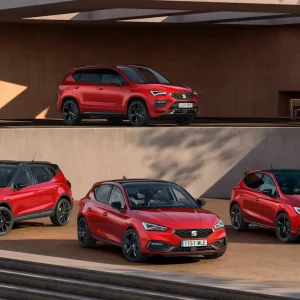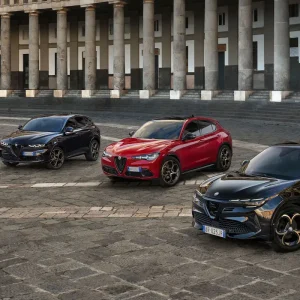Hydrogen stakeholders have announced their intention to increase the number of fuel-cell vehicles on European roads.
Representatives from Audi, BMW, Daimler, Honda, Hyundai, Symbio and Toyota as well as refueling infrastructure providers have gathered at the Hydrogen for Clean Transport conference to discuss and debate how hydrogen vehicles can be better used to support a zero-emission transport sector in Europe by 2040.
According to the organizers of the event, the conference “aims to raise awareness among policymakers and other stakeholders of the role to be played by hydrogen mobility alongside full battery electric vehicles”.
The organizers added: “Highlighting the variety of FCEVs available now and in the near future, these companies are making the case that while hydrogen fuel cell technology is not yet available across a large range of vehicle offerings, the technology addresses some of battery electric vehicles’ main limitations. These include drain on the energy grid, limited range, long charging time and issues with recycling of batteries.”
Bart Biebuyck, executive director of the European Commission’s Fuel Cells and Hydrogen body, said: “This marks an important step for clean mobility in Europe. The presence of seven important manufacturers translates to a strong commitment from industry, which is a crucial element to push forward with the deployment of hydrogen vehicles. The FCH JU is proud to see how its projects, HyFIVE and then H2ME, have been allowed to build continuously on previous achievements and are bringing technological progress to become key solutions for addressing zero emission transport goals. In this way, we contribute to tackling major global challenges”.
Jorgo Chatzimarkakis, secretary general at Hydrogen Europe, said: “The Hydrogen for Clean Transport conference is timely, with the release of crucial sets of legislation for the mobility sector this autumn. With this conference, our industry members showcase the readiness level of fuel cell electric vehicles as a complementary solution to battery electric vehicles, the only two zero emission drivetrains that enable transport decarbonisation.”





